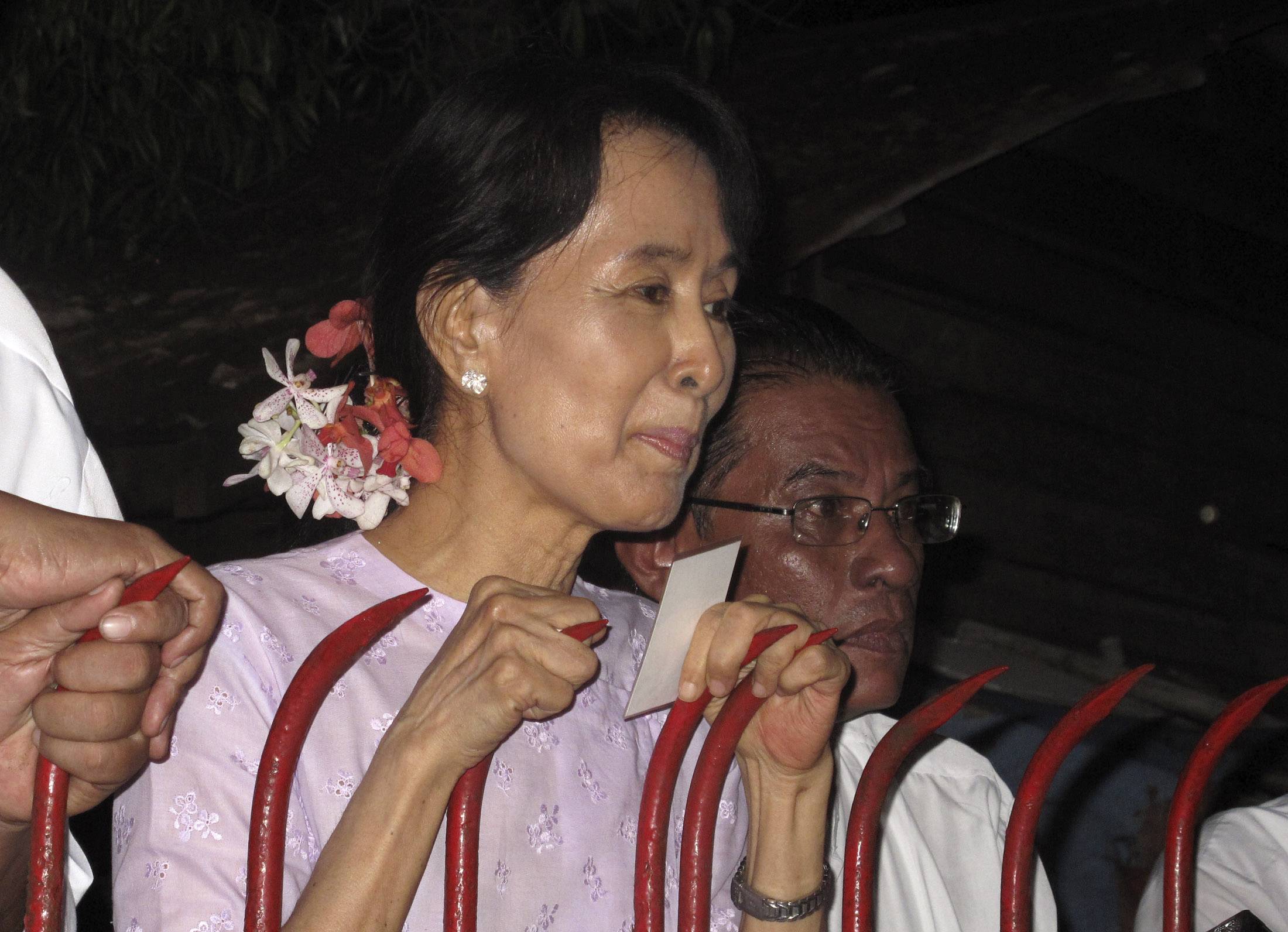When Aung San Suu Kyi emerged from years of house arrest about a decade ago, having never used a cellphone or Facebook, she held court in the office of her banned political party, the smell of damp emanating from the human rights reports piled on the floor.
Armed with nothing more than a collection of international awards, she wore fresh flowers in her hair, sat with impeccable posture and promised the world two things: She would ensure that Myanmar’s political prisoners would go free, and she would end the ethnic strife that had kept the country’s borderlands at war for seven decades.
But the two pledges have gone unfulfilled, and the world’s most shimmering icon of democracy has lost her luster. Suu Kyi, 75, has turned into an apologist for the very generals who once locked her up, downplaying their murderous campaign against the Rohingya Muslim minority. Her strongest critics accuse her, as a member of the Bamar ethnic majority, of racism and an unwillingness to fight for the human rights of all people in Myanmar.



